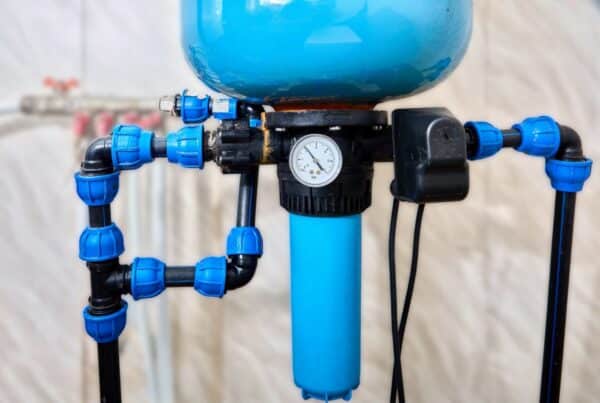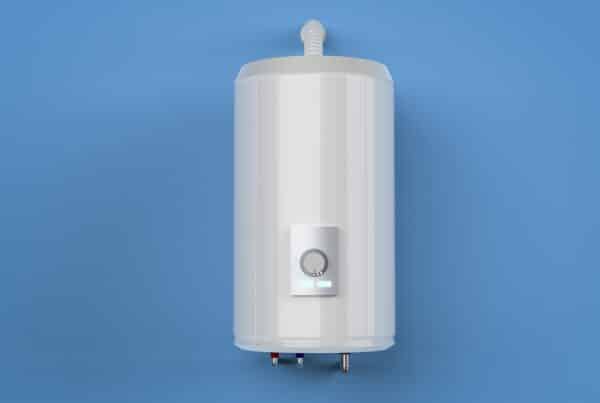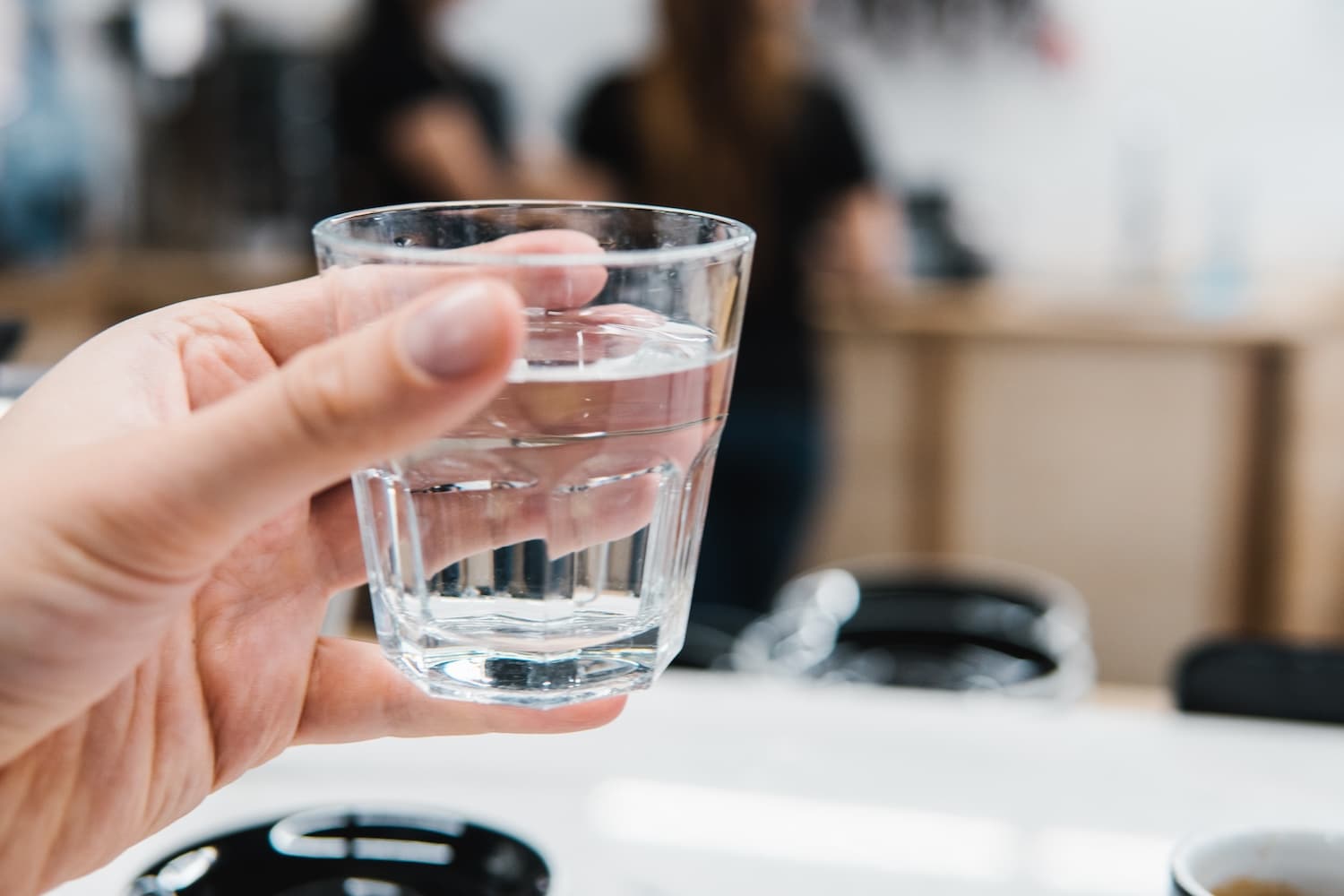
Have you ever noticed your dishes looking foggy after a wash, or white crust building up around your faucets? Maybe your shampoo just won’t lather like it should. These small annoyances might have one simple cause. Often, water hardness, easy to test for and treat, is the culprit.
Hard water isn’t harmful to drink, but it can be rough on your home. It affects your plumbing, damages appliances, and can even have certain impacts on your skin and hair.
Hard Water and Common Signs of It
Hard water is water that has a high amount of minerals, mostly calcium and magnesium. These minerals get into your water naturally, especially if you live in an area with lots of limestone or chalk in the ground.
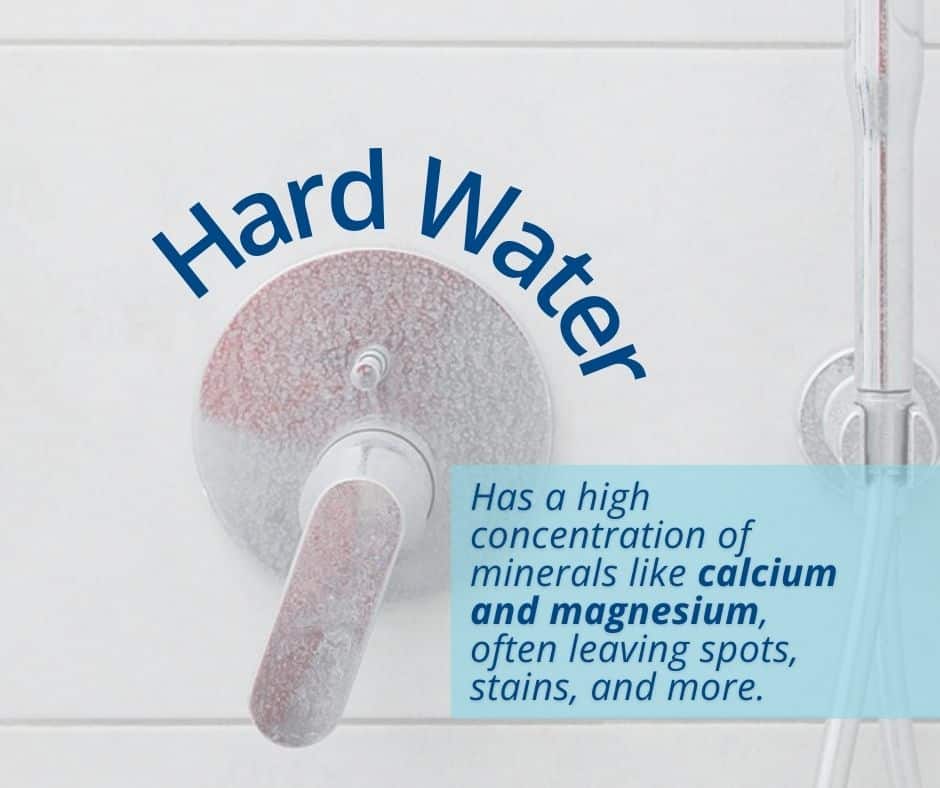
While it’s not dangerous to your health, it can be a problem for your house. Over time, these minerals can clog pipes, reduce water flow, and wear out appliances like your dishwasher or washing machine faster than usual.
Honestly, only 15% of the U.S. is considered to be located within “soft water zones”; the rest have some degree of hardness in their water. Here are a few signs you might have hard water:
- White spots on dishes or glassware
- Buildup around faucets or showerheads
- Soap that doesn’t lather well
- Clothes that feel stiff after washing
- Dry skin or dull-looking hair
- Appliances that don’t run as efficiently
If one or more of these sound familiar, it’s probably time to take a closer look at what’s coming out of your tap.
Simple Ways to Test Water Hardness at Home
Before you buy anything, you can try a simple at-home test using dish soap:
- Fill a clear bottle about one-third full with tap water.
- Add a few drops of liquid dish soap.
- Shake it hard for about 10 seconds.
- Let it settle.
If the water gets sudsy and clear, your water is likely soft. If it looks cloudy with very little suds, you probably have hard water.
You can also look for signs around your home, like chalky buildup on fixtures or clogged showerheads. While these won’t give you a number, they’re helpful clues.
Testing with a Kit
Want more accurate results? A water hardness test kit is a step up. You can find one online or at most hardware stores. These kits usually come with test strips or small vials that change color based on how hard your water is.
Look for a rating in grains per gallon (GPG). Here’s a quick guide:
- 0–3 GPG = soft
- 4–7 GPG = moderately hard
- 8–10 GPG = hard
- 11+ GPG = very hard
Be sure to test water from more than one faucet if you can. Water hardness can vary a little depending on the pipes and fixtures in different parts of your home.
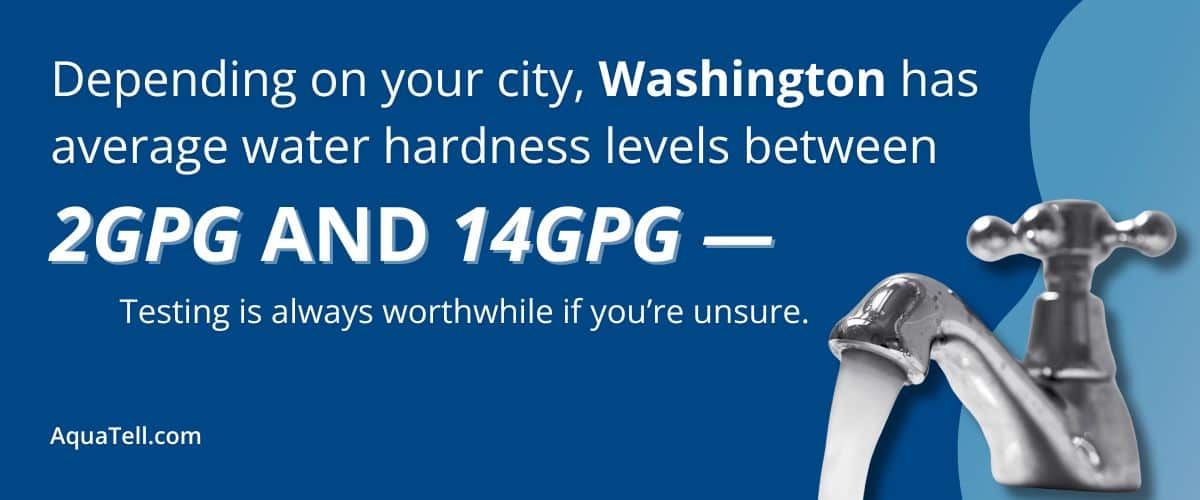
What to Do If Your Water Is Hard
If your results confirm hard water, don’t panic. There are both short-term and long-term fixes.
Quick fixes:
- Use vinegar to clean buildup on faucets or glassware.
- Add rinse aid to your dishwasher.
- Use laundry products made for hard water.
Long-term solutions:
- Install a water softener or filtration system. These systems remove or reduce minerals before they reach your pipes and appliances.
- Consider a whole-home solution if you’re dealing with very hard water.
Fixing the problem early can help you avoid plumbing issues, save energy, and extend the life of your appliances.
When Hard Water Is Just the Start
Testing for hard water is smart—but it’s not the full picture. Your water might look clear and taste fine, but that doesn’t mean it’s free of other issues.
If you’re on a private well, or your home is older, there’s a chance your water could contain things like:
- Iron or manganese (which cause staining)
- Nitrates (common in rural areas)
- Bacteria
- Lead or copper (from older pipes)
These contaminants aren’t just annoying—they can pose health risks. That’s why a full water test is a good idea, especially if:
- You’ve noticed a change in water smell, taste, or color
- Someone in your home has sensitive skin or health issues
- You’re buying or selling a home
- You rely on well water
A professional water test will check for hardness and other common concerns. At Boggs Inspection Services, our water testing in Olympia and surrounding areas is designed to give you accurate, lab-backed results.
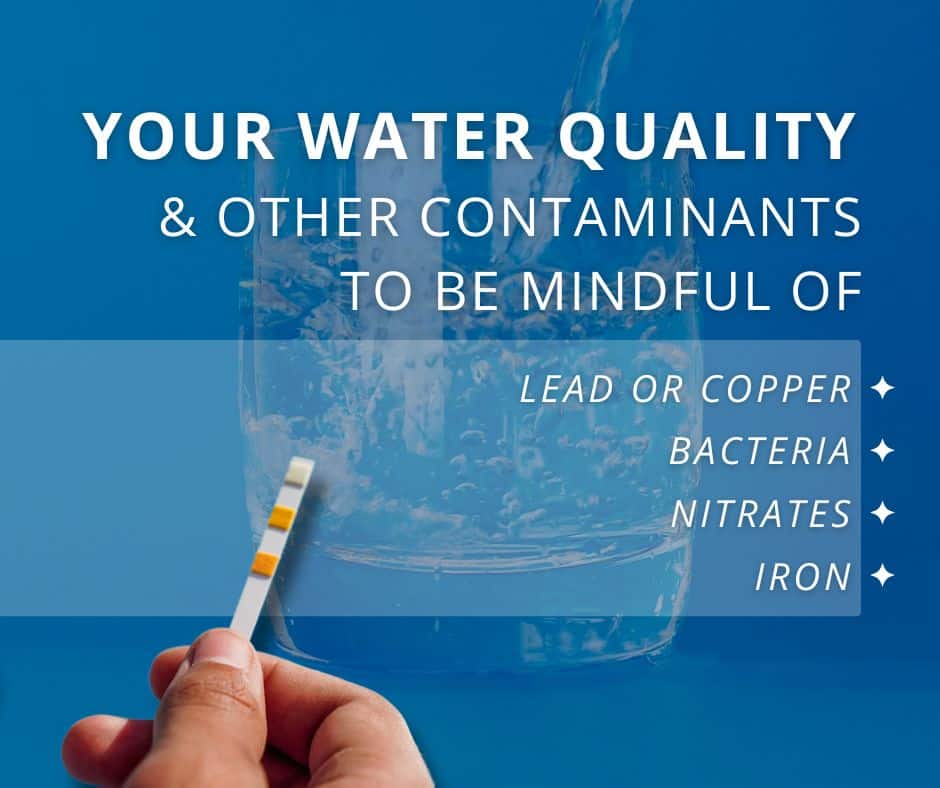
Other Recommended Maintenance
Even with softer water, regular maintenance can keep things running smoothly. Here are a few tips:
- Check your faucets and showerheads for mineral buildup
- Drain and flush your water heater once a year
- Clean or replace filters in appliances like coffee makers or fridge dispensers
- Schedule an annual home inspection to catch small plumbing or water issues early
Staying on top of these tasks can save you time, money, and a whole lot of hassle.
When to Call a Professional
If your test results are confusing—or if you’re dealing with high mineral levels or signs of other problems—it’s worth calling in a pro.
Our inspectors at Boggs can help you figure out what’s really going on with your water. We’ll run full tests, explain the results, and guide you on what to do next. Whether you’re buying a home or just trying to solve a nagging problem, we’re here to help you feel confident about your water quality.
Final Thoughts
Hard water might seem like a small issue, but over time, it can take a real toll on your home. Testing is simple, affordable, and a smart step toward protecting your plumbing, appliances, and peace of mind.
If you’re not sure what’s in your water, or if you’ve spotted signs that something’s off, schedule a professional water test with Boggs Inspection Services now.

